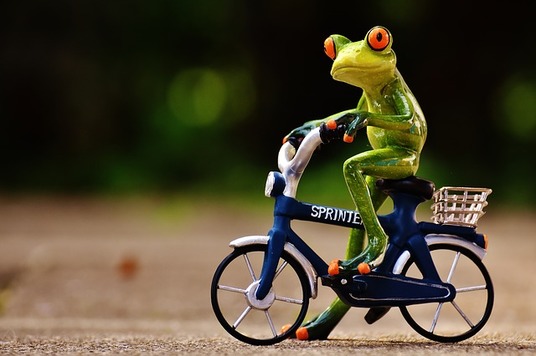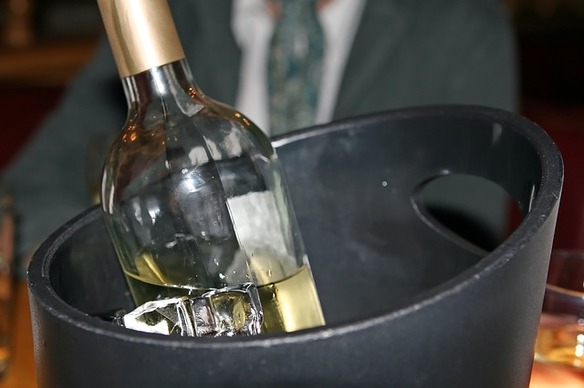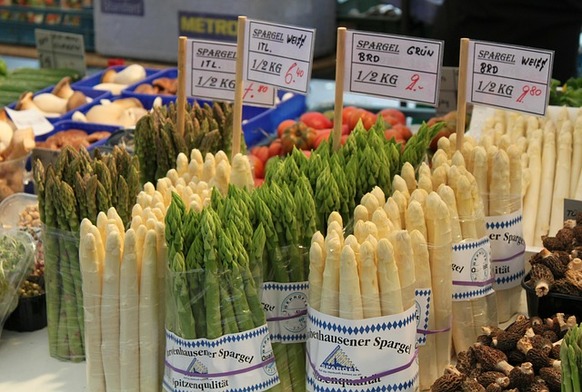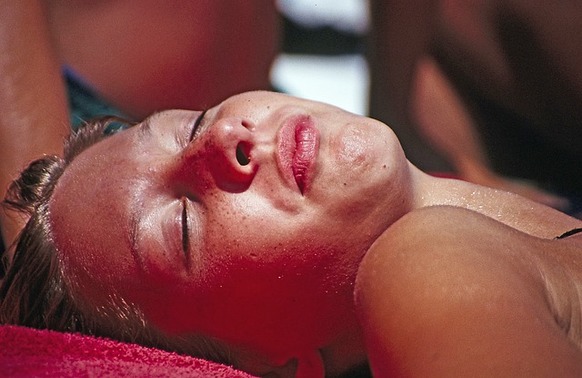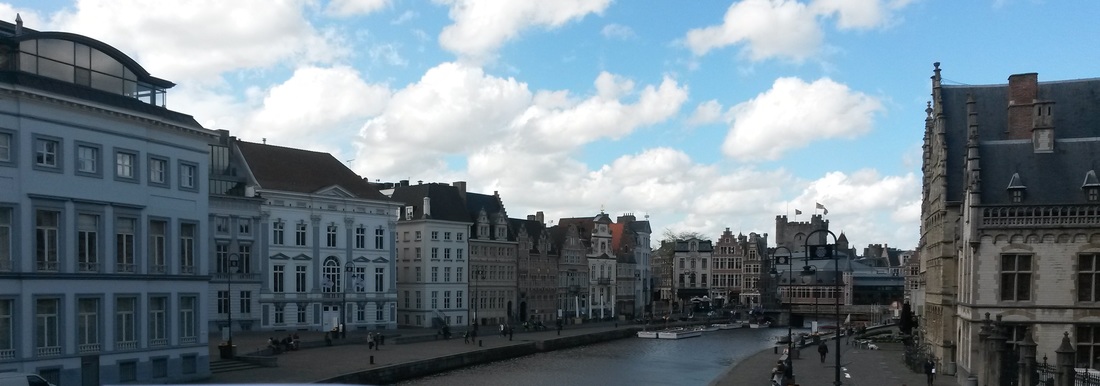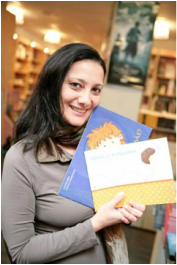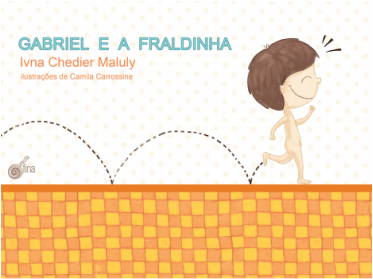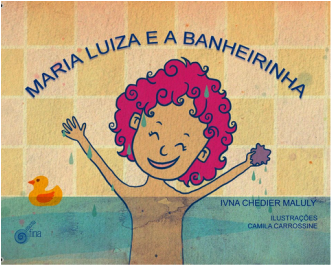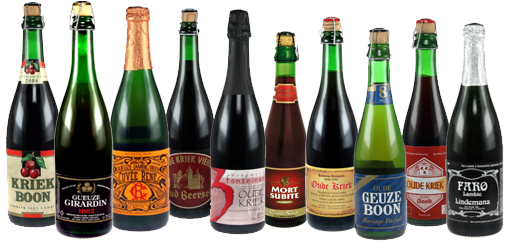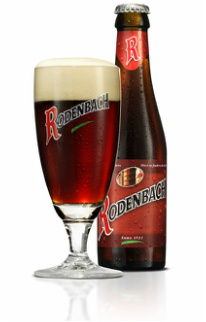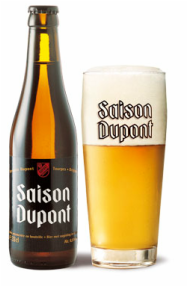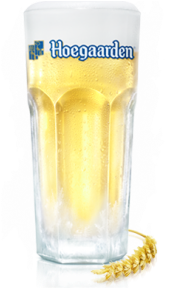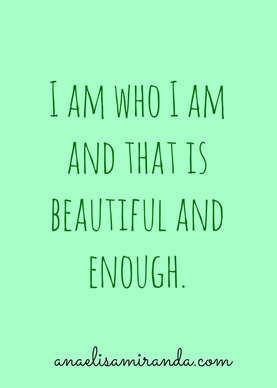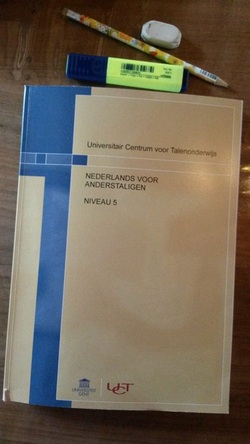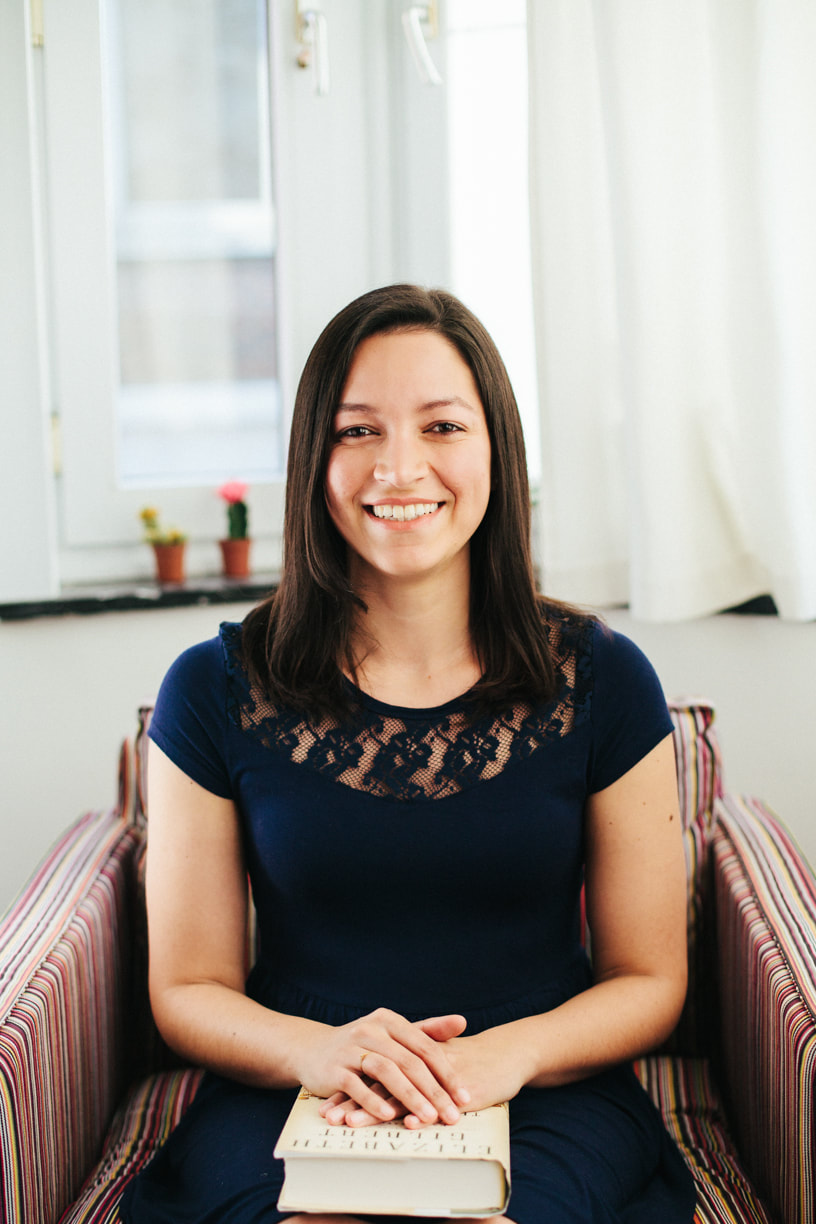If you have been following the blog for a while you might know that I’ve been living in Belgium for over four years.
It took more than a year until I had my resident permit. Then I attended their social integration program. I had my Brazilian diploma recognized. I went to several meetings at the VDAB and information sessions about courses and jobs. Until I finally started to settle down. Until I finally found a job in my field.
All the while, I studied Dutch. Morning lessons, evening lessons, summer lessons. I was good, I could speak. But I got tired. I had other things to do.
Nowadays I find myself trying to have a decent conversation and feeling frustrated and embarrassed. It’s been four years! I should be speaking fluently! But I know why I don’t and it’s about time I do something about it.
Here are my reasons/excuses. What are yours?
I speak English at home
Since we met, my boyfriend and I spoke English to each other. I learned Dutch after moving back to Belgium and he learned Portuguese, but as much as we tried we could never make an efficient switch. We speak each other’s language now and then but we always fall back to English. It just feels more natural.
I speak English at work…
… and I can’t believe my luck! I not only get to speak English, I also do something I’m good at and care about.
Most people I know in Belgium speak English
They will likely switch languages when they notice you struggle in Dutch, and thus you’re rarely forced to improve.
I am self-conscious
As a teacher I have always told my students that it’s important to try, that mistakes are okay, that’s how you learn. But I’m terrible at following my own advice. I want to say things perfectly, I’m nervous about making a fool of myself, so I often choose to be quiet.
It hasn’t been a priority
During the first two years here I learned Dutch based on the thought that otherwise I wouldn’t find a job. At the same time I hoped that, being an English teacher, I wouldn’t need it. I kept myself busy looking for work, writing, reading, taking online courses, blogging, volunteering. Very little of that was done in Dutch.
The less I practice, the worse it gets
I forget words. Verb conjugations. Word order. It takes a lot of energy to say something. And then again, the frustration, the guilt, the shame.
These have been stressful years
There is no need to repeat everything I wrote above. These four years have been marked by uncertainty, anxiety, discomfort and low self-esteem. Stress is one of the worst enemies of learning.
---
So speaking the local language is not always a natural consequence of living somewhere. It takes effort and time. What will I do about it from now on? I will add a little more Dutch in my life, every day. I will read, watch movies, listen to music, talk to people around me.
One day it won’t be such an effort anymore.
What helped you become fluent?
It took more than a year until I had my resident permit. Then I attended their social integration program. I had my Brazilian diploma recognized. I went to several meetings at the VDAB and information sessions about courses and jobs. Until I finally started to settle down. Until I finally found a job in my field.
All the while, I studied Dutch. Morning lessons, evening lessons, summer lessons. I was good, I could speak. But I got tired. I had other things to do.
Nowadays I find myself trying to have a decent conversation and feeling frustrated and embarrassed. It’s been four years! I should be speaking fluently! But I know why I don’t and it’s about time I do something about it.
Here are my reasons/excuses. What are yours?
I speak English at home
Since we met, my boyfriend and I spoke English to each other. I learned Dutch after moving back to Belgium and he learned Portuguese, but as much as we tried we could never make an efficient switch. We speak each other’s language now and then but we always fall back to English. It just feels more natural.
I speak English at work…
… and I can’t believe my luck! I not only get to speak English, I also do something I’m good at and care about.
Most people I know in Belgium speak English
They will likely switch languages when they notice you struggle in Dutch, and thus you’re rarely forced to improve.
I am self-conscious
As a teacher I have always told my students that it’s important to try, that mistakes are okay, that’s how you learn. But I’m terrible at following my own advice. I want to say things perfectly, I’m nervous about making a fool of myself, so I often choose to be quiet.
It hasn’t been a priority
During the first two years here I learned Dutch based on the thought that otherwise I wouldn’t find a job. At the same time I hoped that, being an English teacher, I wouldn’t need it. I kept myself busy looking for work, writing, reading, taking online courses, blogging, volunteering. Very little of that was done in Dutch.
The less I practice, the worse it gets
I forget words. Verb conjugations. Word order. It takes a lot of energy to say something. And then again, the frustration, the guilt, the shame.
These have been stressful years
There is no need to repeat everything I wrote above. These four years have been marked by uncertainty, anxiety, discomfort and low self-esteem. Stress is one of the worst enemies of learning.
---
So speaking the local language is not always a natural consequence of living somewhere. It takes effort and time. What will I do about it from now on? I will add a little more Dutch in my life, every day. I will read, watch movies, listen to music, talk to people around me.
One day it won’t be such an effort anymore.
What helped you become fluent?


